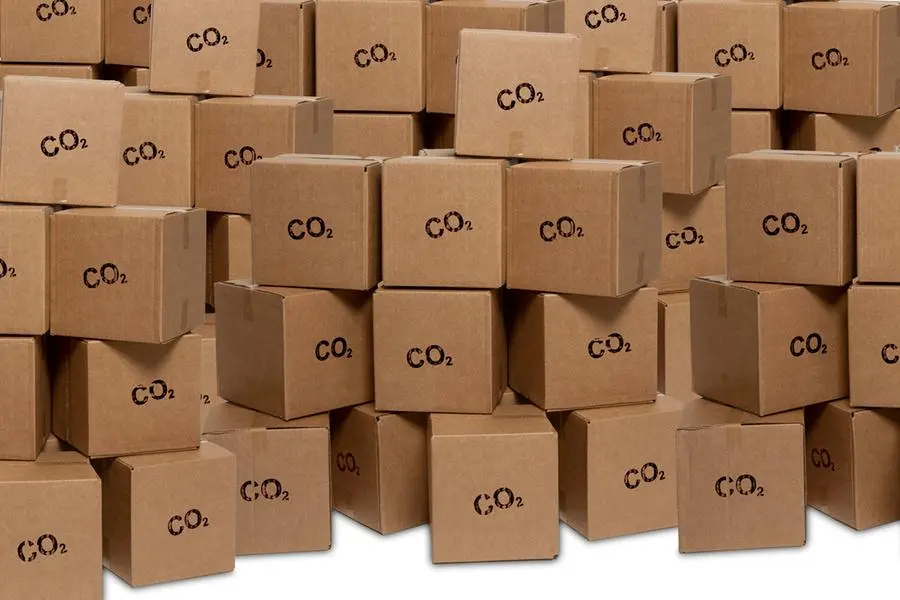PHOTO
Investing in direct air capture technology is a key opportunity for public-private collaboration as part of the decarbonisation agenda, according to a top minister.
Dr Mohammed Bin Daina, Oil and Environment Minister and Special Envoy for Climate Change, said that efforts to capture carbon dioxide directly from the atmosphere, which can help reduce excess CO2, need support that goes beyond just traditional carbon capture.
Emphasising the kingdom’s commitment to launching strategic initiatives and programmes focused on sustainability and climate action, Dr Bin Daina told attendees at a business networking luncheon convened by the American Chamber of Commerce in Bahrain (AmCham Bahrain) at the Crowne Plaza yesterday that, acutely aware of its vulnerability to environmental shifts, the island nation has pledged to achieve net zero emissions by 2060.
Bahrain’s commitment extends beyond ambitious goals. The government measures its performance against the UN’s Sustainable Development Goals (SDGs) every four years.
The minister acknowledged the region’s dependence on fossil fuels but stressed a shift towards renewables and energy efficiency. Dr Bin Daina mentioned the focus on the “carbon circular economy” as a regional initiative within the GCC, alongside exploration of hydrogen energy.
“Fossil fuel is still a major source of energy globally,” the official said, “but we have to find alternatives as we move away from it.” He sees renewable energy as a key solution, but limitations are acknowledged. “Innovation and creativity are crucial to move forward with this plan,” the minister stated.
Bahrain’s commitment to change is further demonstrated by its pledge to cut emissions by 30 per cent by 2035, alongside an ambitious plan to quadruple mangrove cover, double forest area, and significantly increase renewable energy targets.
Dr Bin Daina underscored the transitional nature of this period. “Everyone agrees we’re moving towards more efficient energy sources,” he said, “but we believe fossil fuels will still be part of the mix, with lower carbon intensity.” Their focus is on reducing carbon emissions overall, not solely on energy sources. “Carbon capture is a very interesting technology,” he noted, mentioning blue and green hydrogen as potential solutions for the next generation.
The official concluded by reiterating the ultimate goal of net zero: mitigating the impact of climate change on a global scale. He acknowledged the challenges, including rising fuel prices due to under-investment in oil and gas infrastructure.
However, Dr Bin Daina remains optimistic. “The challenge with hydrocarbons is finding a scalable alternative,” he said, “but efforts are underway, including exploring direct air capture technology.”
AmCham Bahrain chairman Qays Zu’bi echoed the need for global co-operation in his remarks. “Confronting environmental challenges demands a united front,” Mr Zu’bi said. “This platform allows us to forge new partnerships and strengthen existing ones. By working together, we can make a significant contribution to achieving the SDGs and create a more sustainable and prosperous future for all.”
The event was sponsored by Chevron, Gulf Petrochemical Industries Company (GPIC), Mashreq Bank, and Schlumberger.
Copyright 2022 Al Hilal Publishing and Marketing Group Provided by SyndiGate Media Inc. (Syndigate.info).





















